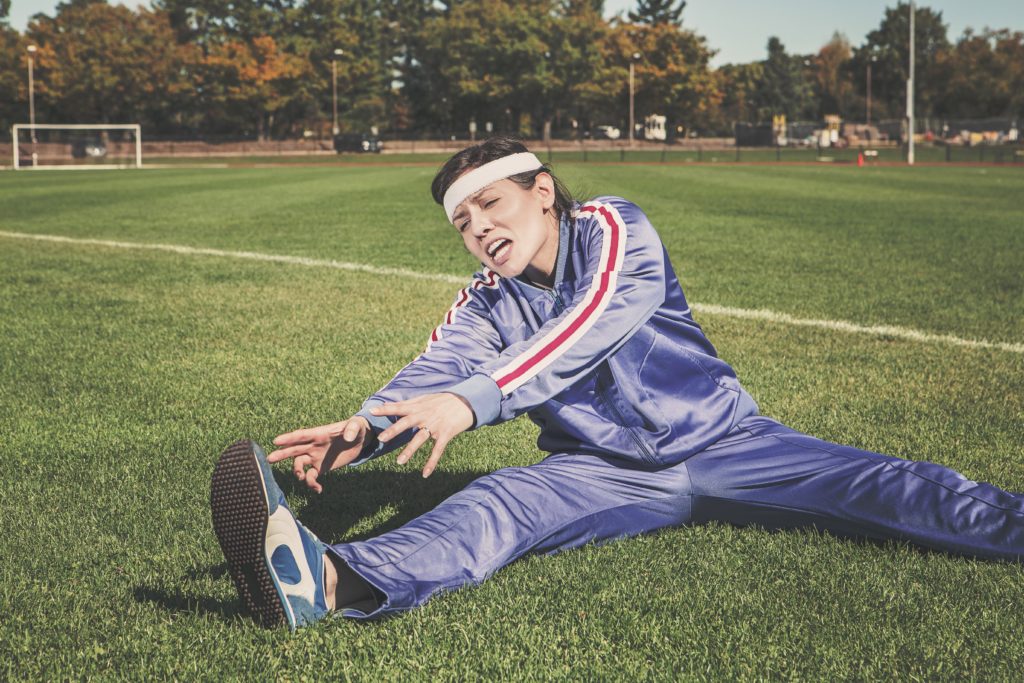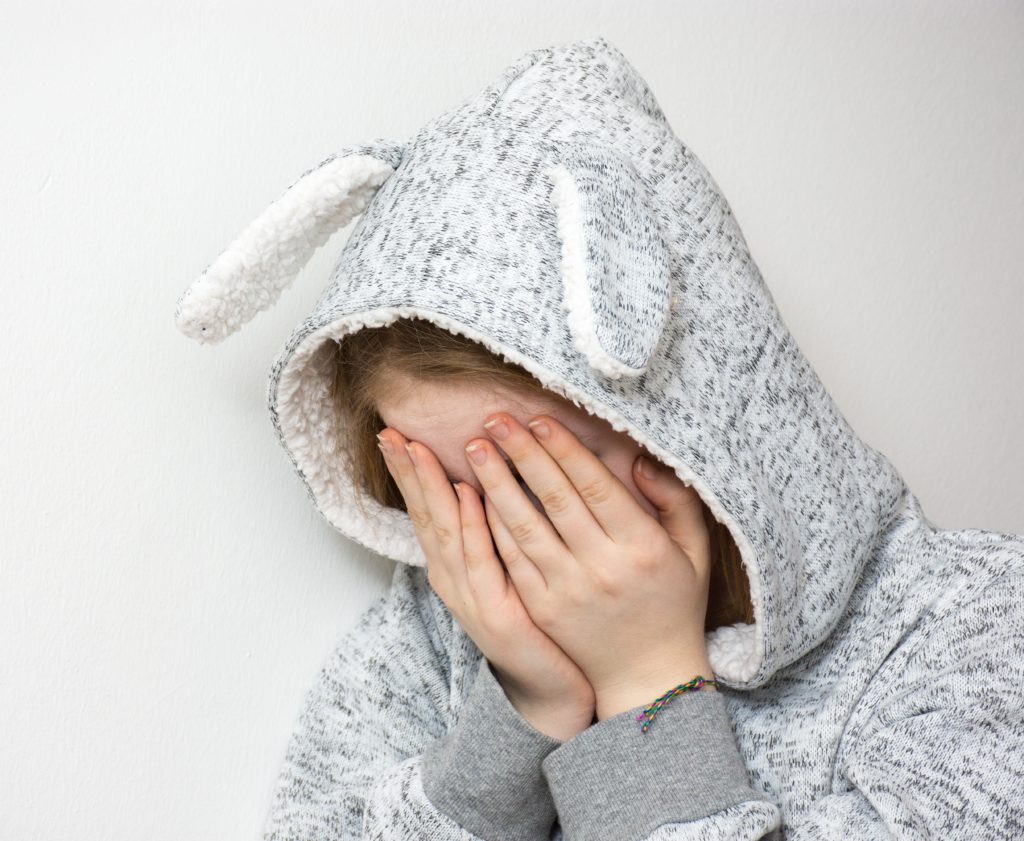Adolescent spanking can lead to negative physical, psychological and behavioral outcomes. It may sound fantastic to some parents because that’s their way of correcting their child, but are we confident that what we are doing is right? As parents and adults, what other alternatives have we tried to help our child?
According to new research, spanking in early childhood has been linked to changes in biological structure and maladaptive coping techniques. Afifi and her colleagues admitted that previous spanking studies had flaws. The challenge with researching the impact of spanking is that physical punishment can occur with other forms of abuse. Isolating one sort of punishment can be challenging. Afifi and her colleagues conducted research to further investigate this important topic.
Researchers gathered data from 1,883 adolescents and caregivers who lived in Ontario, Canada. The teens were aged between 14 and 17. Interviews were conducted with the teens to determine if they had any mental health conditions or defiant behavior (e.g., bullying, using a weapon against others, stealing school, skipping school). Interviews with caregivers provided information about the teens’ past experiences with physical conditions such as diabetes, epilepsy, and asthma.
Their caregivers asked the adolescents how often they had spanked or slapped them as children to assess their childhood spanking/slapping. The adolescents were also asked questions to determine whether they had been subject to emotional abuse, sexual abuse, neglect, or violence in their childhood.
The researchers discovered that 18% of the sample had been spanked/slapped 3 times or more during their childhood. Analyzing the data showed that spanking or slapping these teens 3 or more times during their childhood was significantly more common than those who reported having been spanked or slapped only 2 or fewer times. These teens were also more likely than others to engage in deviant behavior, like shoplifting and physically hurting other people.
These associations were significant even after accounting for sociodemographic variables and childhood adversities, such as parental drug or alcohol abuse, separation, and maltreatment of children.
According to the authors, their study adds to the literature because it examines the effects of spanking/slapping. It also shows that this form of physical punishment has detrimental consequences independent of maltreatment or childhood adversities.
“All forms and levels of physical punishment, even mild, are associated with poor adolescent outcomes, including mental disorders and physical health problems. The current research and other research provide further evidence that spanking/slapping should never be used on children or adolescents,” Afifi said to PsyPost.
The authors noted that spanking is a widespread corrective behavior that some adults believe can reduce delinquency. However, their study found that a spanking history was associated with more aggressive behavior as an adolescent. According to the researchers, future longitudinal studies should focus on the interaction between spanking/slapping and adolescent outcomes.
Afifi stated that the study was cross-sectional, so it is impossible to draw causal inferences. We need to learn more about how parents can replace spanking/slapping with non-physical discipline.
To add a source on positive parenting, Harvard University researched the effect on the brain. It provided three steps educators and caregivers can use while eradicating spanking in schools at homes.
1. Recognize that spanking is not an effective tool of discipline in the classroom or at home.
2. Work to eradicate violence in the home and school environment.
3. Provide better support to families.
At the end of the day, children who experienced severe mental health problems from childhood spanking later might do everything to silence their minds and calm themselves. It has happened to a lot of teens and nowadays remain as a challenge.








